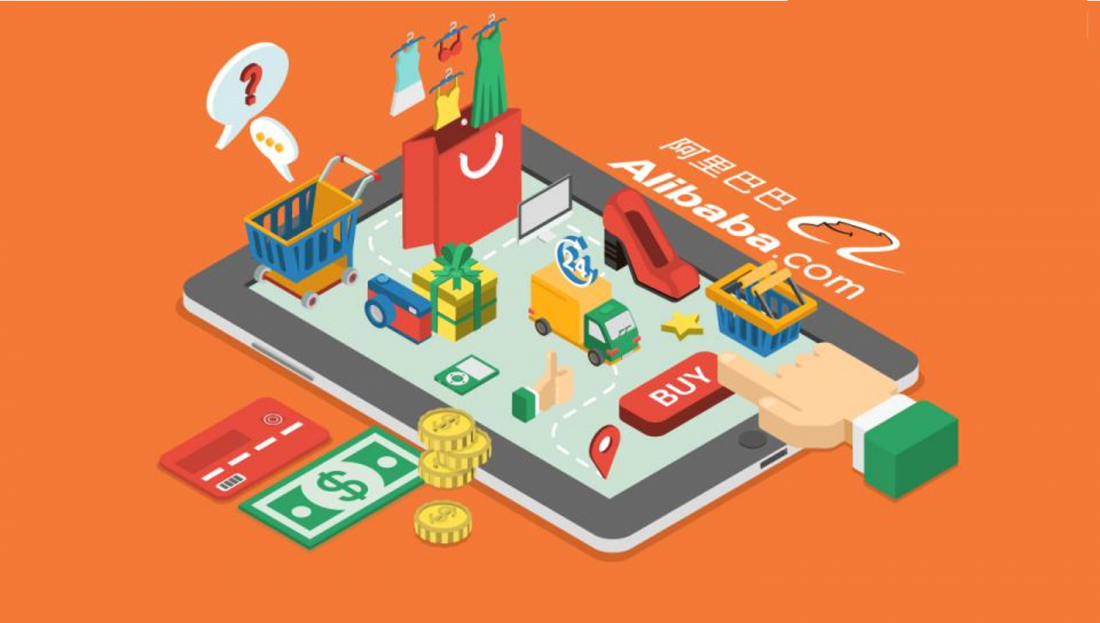Sourcing From China: The Difference Between Alibaba and Doing It Yourself
September 6, 2017

The internet has made it much simpler to be an importer sourcing from China in this day and age. We hear from many companies sourcing from China who got their importing start on platforms like Alibaba and Ali-express. It seems the world is just a click away.
In fact, sometimes it feels like that there is no more need to travel to China to visit factories, to compare suppliers, to verify producers – Alibaba will do it all. Anyone can now become an armchair importer. Anyone can now gain that competitive edge. — Or can they?
The best answer probably is: it depends. Although it is true the Internet has made the world a smaller place, and that platforms like Alibaba can connect buyers and sellers across the oceans, it is not true that such platforms can, or ever will, replace the hard work importers are currently doing.
So, what is the difference between buying through platforms like Alibaba and doing it the “hard way” like importers do? Well it is actually very different. In this week’s installment, I will share my views about Alibaba as a conduit for suppliers to manage their China supply chain. Next week, I’ll cover how seasoned and experienced importers manage their China supply chain.
Sourcing from China with Alibaba
Alibaba is a matchmaking platform. It matches buyers all over the world to sellers (mostly from China). It is a good source of supply chain information.
If you are buying a ready-made product made in China, chances are you can find it on Alibaba. You may have to wait a few weeks to receive it, and the quality may not be top notch, but the price will be good – compared to what a retailer will charge you. On the other hand, it would be very difficult to transform this buying activity into a meaningful business. If nothing else, if you can do it, so can everyone else.
Obviously, Alibaba enables Chinese sellers to “cut out the middle man” and sell directly to the end user.
When using Alibaba, keep in mind the following:
- Old Products: Alibaba works best with “off the shelf products”. Fresh, new products are where the profits are for importers, and, for those, the dynamics of the supply chain do not change. A product still has to be conceived, designed, detailed, manufactured and shipped, and Alibaba is not that useful for that process.
- Pricing: You are unlikely to get the ex-works price that importers can secure with their direct-to-factory approach. Vendors will mark up the pricing on the products as high as their market will allow.
- Information is no guarantee: Using Alibaba’s information, you will not necessarily know what factory or factories your products are coming from. In fact, you may not even know for sure if a vendor is a factory. A vendor may be a middleman even if they do provide excellent service.
- Quality: Alibaba does not provide quality control or make any guarantees on the quality of the products you are buying from the vendors. If you want quality assurance, you will still need someone to help you with that in China.
Next week, I’ll cover how importers do it differently; how they do not rely on Alibaba but “do it the hard way” by managing their China supply chain themselves. In the meantime, have you ever used these online suppliers to source from China? Do they work for you? What was your experience with them? Share your thoughts with us in the comments below.
By Jocelyn Trigueros
